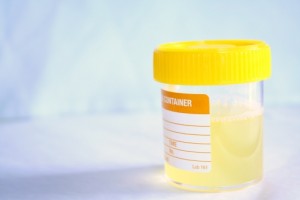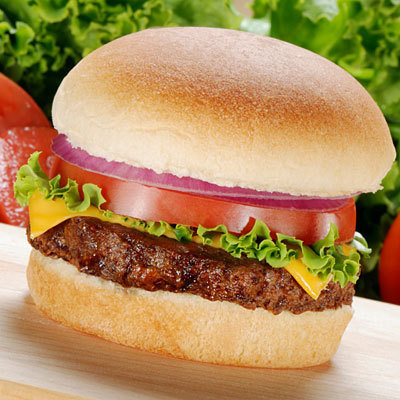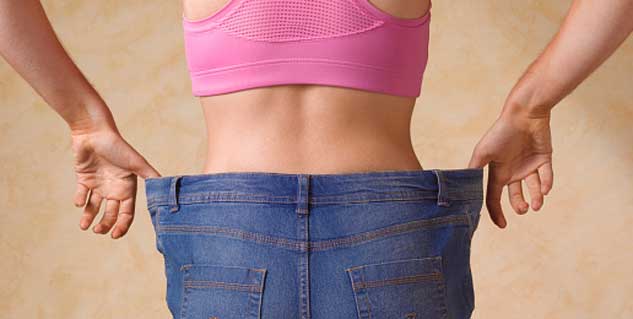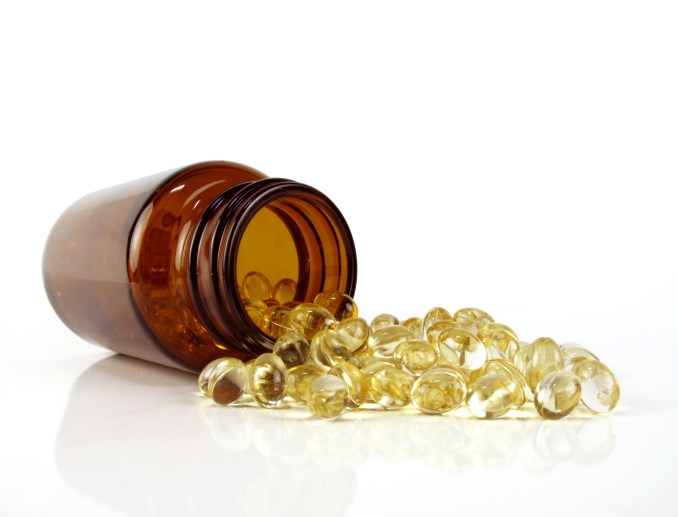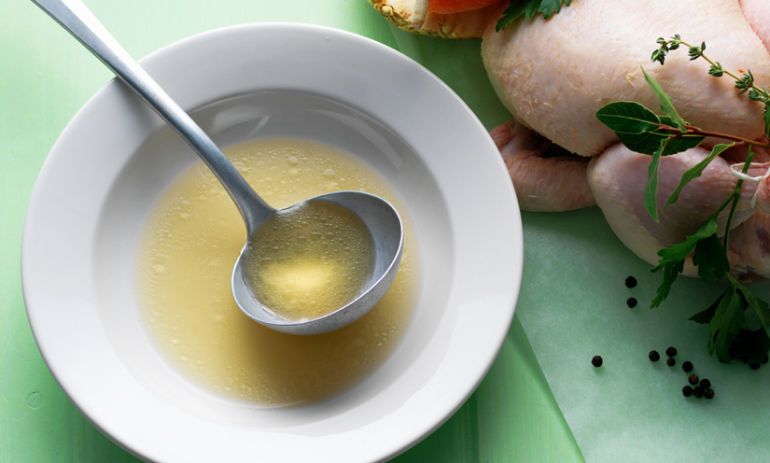Why Was Hoodia On 60 Minutes
In November of 2004, Leslie Stahl traveled to Africa before broadcasting her report about hoodia on 60 minutes. After walking into the desert with a guide and a translator, she was surprised to see what a small amount the guide cut for her to eat. She wanted to know if that little bit of hoodia was going to suppress her hunger all day. Speaking through a translator, the African native said that she would have no desire to eat, no hunger. She repeated the ?all day? question and the translator said, ?Well we'll have to see about that.? Manufacturers which produce diet aids containing African hoodia extract suggest that two or three little tablets will suppress the appetite for the entire day. So, what about that little piece of hoodia fresh off the plant? Stahl reported that she was not hungry for the rest of the day, even around mealtime and she had no desire to eat or drink, but she did not feel any after effects. There was no funny taste in her mouth, no queasy stomach, and no racing heart.
The NBC News story by Janet Shamlian was similar to the report about hoodia on 60 minutes, but no one traveled to Africa. The NBC story came out in October 2005. One of the Today Show staff members was trying a health supplement which contained African hoodia extract. A spokesman for GNC said that it was one of their biggest sellers. The dietary expert they interviewed said that more research about hoodia was needed.
The BBC report was even more similar to the report about hoodia on 60 minutes. BBC's correspondent Tom Mangold did travel to South Africa to sample the hoodia plant. He and his camera man each ate a small portion of hoodia fresh from the desert. They reported that they did not even think about food. The brain keeps saying that the stomach is full. This is the magic of hoodia. Dr. Richard Dixey of Phytopharm, the British pharmaceutical company which owns a patent for a molecule derived from African hoodia extract, explained that eating increases blood sugar. The brain senses the blood sugar increase and sends out signals indicating fullness. The active molecule in African hoodia extract seems to cause the brain to believe that there has been an increase in blood sugar and that food has been consumed; even when nothing was actually eaten, other than the hoodia. Mangold's experience was similar to the effects Stahl reported about hoodia on 60 minutes. He reported that at dinner time they were still not hungry and went to bed without food. Even the next day, neither wanted breakfast and at lunch time they still had no appetite. All together it took over 24 hours before they felt hungry again.
Mangold also reported testing the leading brand of health supplement claiming to contain African hoodia extract and found that there was no hoodia in it. He does not mention the name of the product he tested. He advised dieters to be patient, indicating that they should wait for the release of the Phytopharm/Unilever product after clinical research has been completed. Because, some plants are known to be toxic, the Council for Scientific and Industrial Research in South Africa has evaluated the hoodia plant for toxicity. They concluded that animals which were fed hoodia lost weight, but not because of any toxic effect.
Research is now the job of the folks at Phytopharm and Unilever. The reports about hoodia on 60 minutes, NBC and the BBC have increased the public's awareness that African hoodia extract may be the next and possibly the best appetite suppressant. In April of 2006, Phytopharm and Unilever announced that they had completed phase one of a five phase clinical research program. It may be years before their version of African hoodia extract is on the market. Some may wonder why so much research is needed. Companies are worried that there could be side effects associated with long term use of African hoodia extract.
The stories about hoodia on 60 minutes and the other news associations mention the American public's desire to look great, but not that obesity is the second leading cause of preventable death in the United States. This information comes from the American Obesity Association. 127 million adults in the United States are overweight. Sixty million are obese and nine million are severely obese. Is it really any wonder that GNC and other health supplement companies are already selling African hoodia extract?
Even though Ephedra was linked to several deaths, people still wanted to buy it. Some companies were able to get a low dose version of Ephedra on the market and it is about to be banned. Ephedra is also a plant, but ephedra is a stimulant. Studies of the African hoodia extract which have already been completed show that hoodia has no stimulating effects on people or animals. Heart rate and blood pressure do not increase. Maybe this product will save some lives. The debut of hoodia on 60 minutes was just the beginning of the story.
-
Best Weight Loss Pills - Maintaining Body Fitness
Overweight is one among the commonly reported problems faced by peo
-
6 ways to burn belly fat
Want abs of steel? While planks, twists and crunches will sculpt your
-
Hoodia Gordonii: The simplest way to burn your calories
Overweight and obesity are actual problems for the American popula
-
How You Can Commence Reducing Weight Quickly
Throughout the globe youll find guys and
-
Losing Weight With The Inspiration Of A Partner
So how do you lose weight with a friend and see results? Losing weight
-
10 reasons why your effort isn’t working
So, you’ve made some changes within the past few months to your
- DON'T MISS
- Weight Watchers, Jenny Craig in Battle over Ads
- Is The Market Keeping You Out Of Shape?
- Dont Lose Faith, Win The Battle Against Fat
- What To Consider Once Finding A Weight Loss Facility
- Shed Those Pounds With These Helpful Tips
- A Simple Approach To Losing Weight And Keeping It Off
- What to Look for in an Effective Weight Loss Program
- How To Prevent Getting Heavier This Holiday Season
- False-Starts
- What Is The Jenny Craig Diet Diet?
